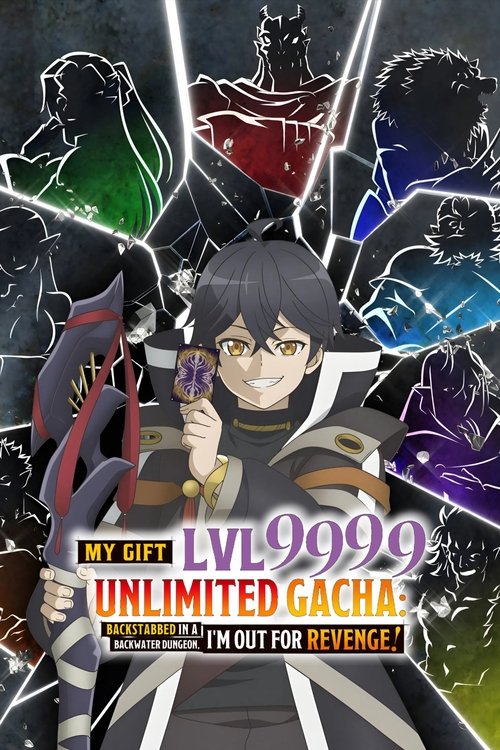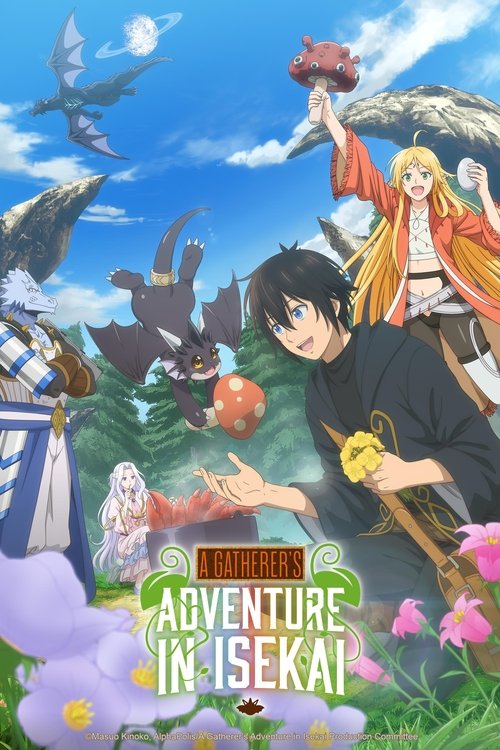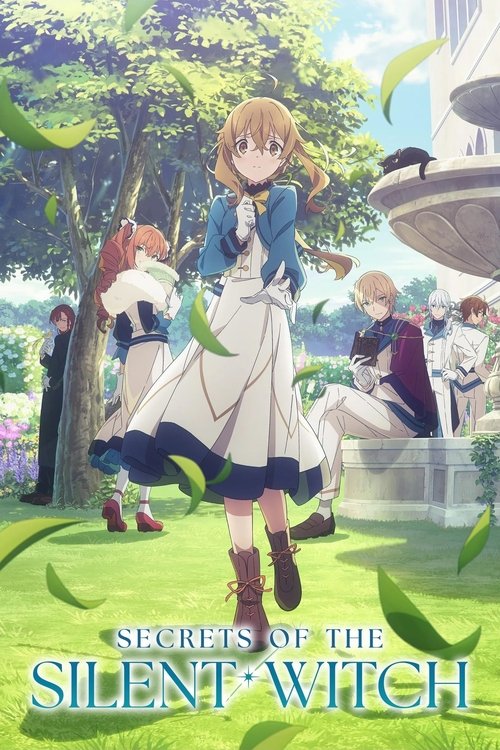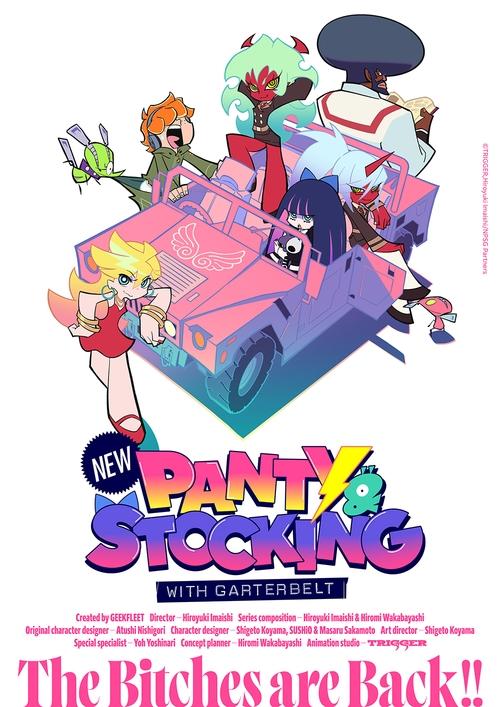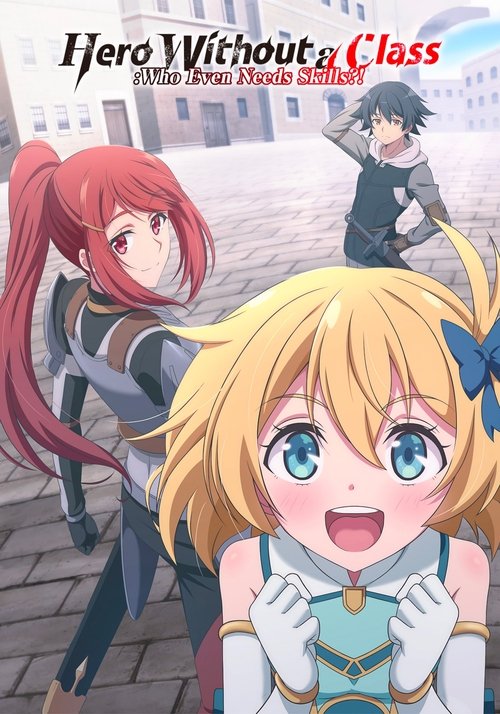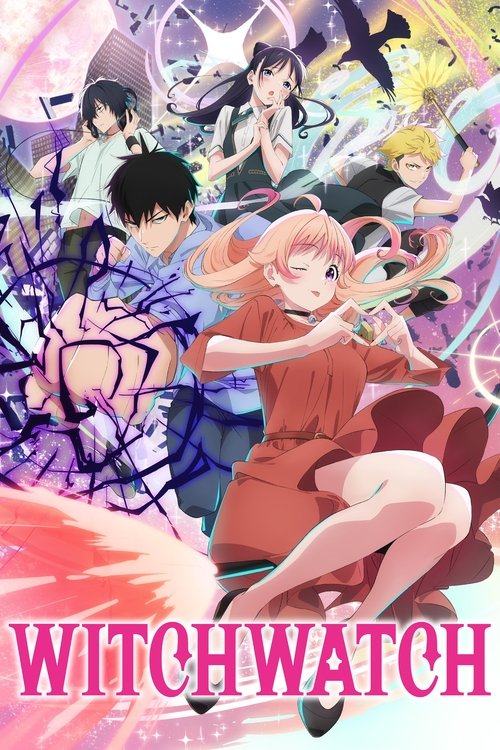
Ask Your Own Question
What is the plot?
The episode "Diabo," season 1 episode 11 of Teogonia, begins with the introduction of the Diabo, who is revealed to be the younger son of the former macaque king. Because he was not entitled to inherit any blessings or power, he left to seek his own divine blessings elsewhere. This sets the stage for the conflict involving the macaque royal family and the Diabo's growing threat.
The story then shifts to the confrontation between Kai and his allies against the Diabo. The Diabo proves to be a formidable opponent, not easily defeated despite their efforts. During this confrontation, it is revealed that the Diabo may be either the brother of a female macaque royal or that his brother serves as a vessel for the Diabo's power. A flashback shows the brother gaining power, which eventually consumes him, indicating the dangerous and corrupting nature of the Diabo's influence.
Meanwhile, the female macaque royal, who is surprisingly harsh and mean, is shown to have enslaved a wolf god. This dynamic adds complexity to the macaque royal family and their relationship with divine beings. The wolf god's behavior and the macaques' fear of becoming mindless beasts evoke a tense atmosphere reminiscent of themes from Princess Mononoke.
Kai's personal journey continues as he deals with the aftermath of consuming Adurakan's God-Stone, which caused extreme pain to the god himself. Kai returns to his warriors and lies about the orgs' defeat by an unknown enemy. He and his group find that the village of Lag has been raided by Ash Monkeys, and Moloch reveals that Olha, like Jose, suffers from a curse caused by the Monkeys corrupting their God's gravestones. Nada offers to purge the gravestones in the villages of Elg and Eda and requests Kai as a guard. Kai says goodbye to Elsa, promising to see her again.
Nada uses magic to scout Elg, which leads Kai to realize that Nada had been watching his fight against Adurakan. Nada then suggests that Kai move to the capital, arguing that the Arbitration God could do the most good there, especially since corrupt officials like Gandal have weakened the King, the Gods, and the land. Nada warns that without a new God, the kingdom will fall. The Valley God urges Kai to kill Nada, but Kai resists. After Olha's gravestone is cleared, she begins to recover.
Nada and Kai then clear Jose's gravestone in Eda. Suddenly, Nada asks Kai to abandon the Koror people to offer his God's power to humans. Kai refuses, stating he cannot abandon those who need him. In response, Nada stabs Kai in the back, marking a significant betrayal and turning point in the episode.
The episode also features a tragic battle involving Moko, who makes a heroic stand to protect nature. This battle underscores the ongoing conflict between the natural world and the encroaching threats posed by the Diabo and other forces.
Throughout the episode, Kai undergoes harsh training by a father and daughter duo, who push him to become stronger. Despite the grueling training and fights, Kai remains determined. Elsa, who has known Kai since childhood, watches over him with concern. Kai also discovers a small house built by Rugie near his favorite valley, where she welcomes him warmly. This sequence shows Kai's personal connections and the support network around him amidst the larger conflicts.
The episode ends with the tension unresolved, as the Diabo remains a looming threat, and Kai faces betrayal and difficult choices. The dynamics within the macaque royal family, the corruption affecting the gods and their gravestones, and Kai's struggle to protect those he cares about all set the stage for the final episode of the season.
Related Titles
Browse All Titles →
What is the ending?
At the end of Teogonia Season 1, Episode 11 "Diabo," Moko, the white wolf guardian of the forest, makes a heroic last stand against Diabo, the corrupted god threatening to destroy the natural world. Despite Moko's fierce resistance, Diabo's overwhelming dark power proves nearly unstoppable. Kai and his allies arrive to confront Diabo, but the battle remains intense and uncertain, setting the stage for the final confrontation in the next episode.
The episode opens with the forest in turmoil as Diabo, the corrupted god and younger son of the former macaque king, advances with destructive intent. Moko, the majestic white wolf guardian, emerges as the protector of the forest, determined to halt Diabo's rampage. The scene is charged with tension and vivid visuals of nature under siege.
Moko confronts Diabo directly in a fierce battle. The wolf's movements are swift and powerful, embodying the spirit of the forest itself. Diabo, however, wields dark, corrupting energy that saps the life from the land and creatures around him. The clash is brutal and emotional, with Moko fighting not just for survival but to preserve the natural order.
As the fight escalates, Diabo's power grows, fueled by an ancient curse linked to his lineage. The episode shows flashbacks revealing Diabo's tragic past--once a prince seeking blessings denied to him, his ambition led to corruption and transformation into a dark god. This backstory adds depth to his character and the conflict.
Kai, the young hero allied with the forest spirits, arrives with reinforcements, including other tribal allies. They attempt to intervene, but Diabo's near-immortal regeneration and overwhelming strength make the battle precarious. The episode captures the desperation and stakes through intense action sequences and emotional expressions on the characters' faces.
Despite their efforts, Moko suffers grievous wounds, symbolizing the high cost of defending the natural world. The wolf's sacrifice is poignant, underscoring themes of loyalty and the tragic consequences of the conflict. Kai's determination intensifies as he prepares for the inevitable final confrontation with Diabo.
The episode closes with the forest scarred but not yet lost, and the characters poised on the brink of a decisive battle. Moko's fate is sealed as a martyr for nature, while Kai and the others carry the hope of salvation forward. The narrative leaves viewers with a sense of urgency and anticipation for the concluding episode.
In summary, the main characters' fates at the end of episode 11 are:
- Moko: Mortally wounded, having made a heroic sacrifice to protect the forest.
- Diabo: Still powerful and threatening, his dark curse spreading destruction.
- Kai: Resolute and ready to face Diabo, embodying hope and resistance.
This episode emphasizes the tragic cost of corruption and the enduring struggle between nature and destructive forces, setting a dramatic tone for the season finale.
Is there a post-credit scene?
Yes, Teogonia Season 1, Episode 11 titled "Diabo" does have a post-credits scene. In this scene, it is revealed that Kai has gained a furry Uzelle companion who is the daughter of the Uzelle chief. She pledges her herd to Kai, along with the Valley, indicating a significant alliance or support for Kai going forward.
Who is the Diabo and what is his significance in episode 11 of Teogonia Season 1?
The Diabo is revealed to be the younger son of the former macaque king who left to gain his own blessings since he was not entitled to inherit any. In episode 11, Kai and his allies confront the Diabo, but he proves to be a formidable and not easily defeated adversary, making him a central antagonist in this episode.
What role does Kai play in the confrontation with the Diabo in episode 11?
Kai leads the confrontation against the Diabo alongside his allies. Despite the difficulty of the battle, Kai persists in fighting the Diabo, showing his determination and growth as a character. His involvement is pivotal to the episode's conflict.
How does the relationship between Kai and Elsa develop or manifest in episode 11?
Elsa is shown to be very worried about Kai during the events leading up to episode 11, having known him since childhood and paying close attention to his struggles. Their relationship is marked by concern and a deep connection, which adds emotional depth to Kai's journey in this episode.
What is the significance of the gravestones and curses mentioned in relation to characters like Jose and Olha in episode 11?
In episode 11, Jose and Olha suffer from wounds caused by a curse linked to the corruption of their God's gravestones by the Ash Monkeys. Clearing these gravestones is crucial for their recovery, and this subplot ties into the larger conflict involving the corruption spreading in the land and the struggle against the Diabo.
What internal conflicts or challenges does Kai face in episode 11 beyond the physical battle with the Diabo?
Kai faces significant internal challenges, including resisting the urge to kill Nada despite the Valley God's urging, and refusing to abandon the Koror people when Nada asks him to offer his God's power to humans instead. These moments highlight Kai's moral resolve and his commitment to protecting those who need him, adding complexity to his character during the episode.
Is this family friendly?
The TV show Teogonia, including Season 1 Episode 11 titled "Diabo," is generally rated PG-13, indicating it is suitable for teens 13 and older but may not be fully family-friendly for younger children. The series features a fantasy setting with ongoing warfare between humans and demi-human invaders, which involves battle scenes and some violence. However, the anime tones down gore and death significantly compared to typical fantasy war stories, making it relatively mild in terms of graphic content.
Potentially objectionable or upsetting aspects for children or sensitive viewers include:
- Battle and combat scenes with some depiction of injury and conflict, though not excessively gory or graphic.
- Themes of loss and death, as the protagonist experiences the death of friends and comrades in war.
- Dark and intense emotional moments related to survival, identity struggles, and harsh realities of a war-torn world.
There are no indications of explicit sexual content or extreme violence, but the mature themes and war-related tension might be unsettling for very young or sensitive viewers. Overall, it is more appropriate for teenagers and older audiences rather than young children.











